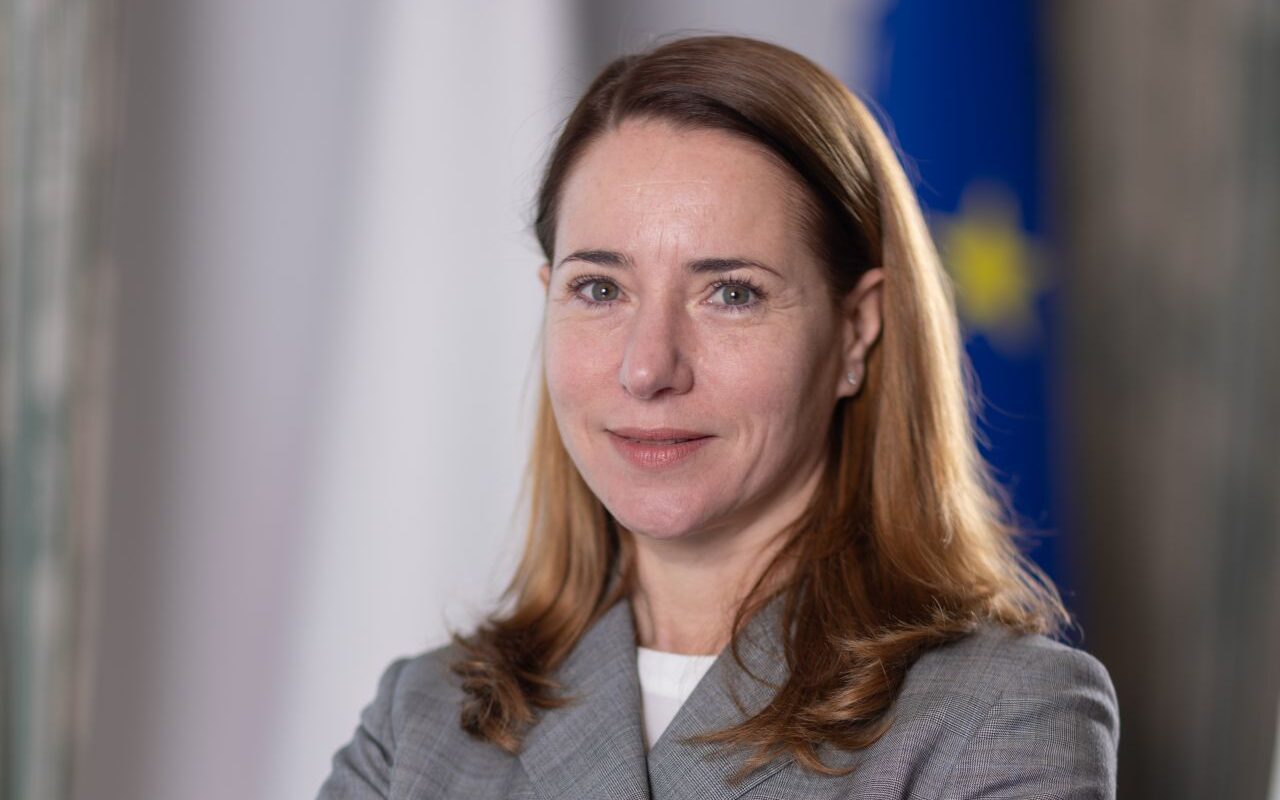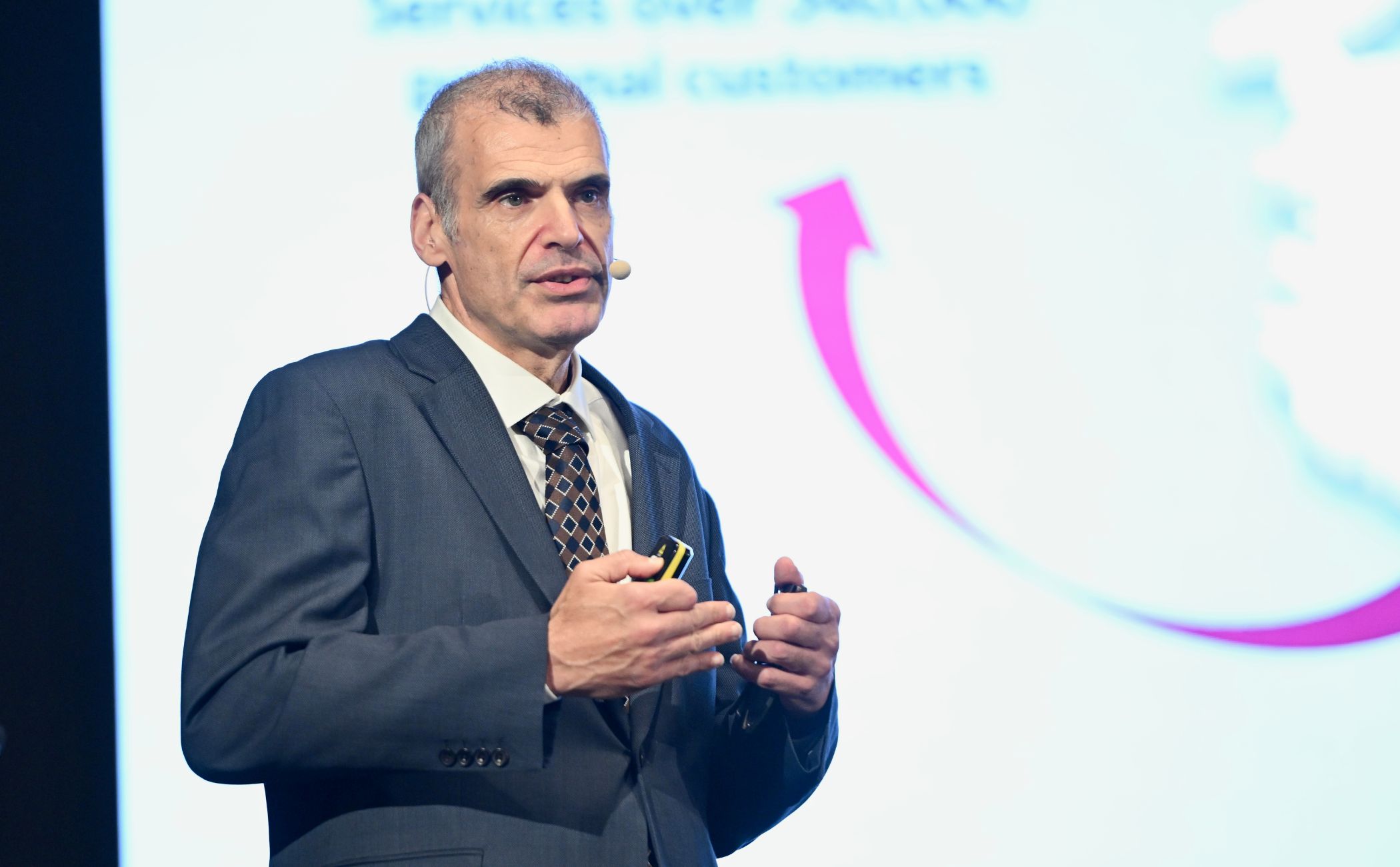Gone are the days when technology was perceived as a toy for millennials and the preceding generations. During the pandemic, various technological products and services had an unprecedented impact, both socially and economically, across the globe.
Most of the success is attributed to digital start-ups – once a digital venture with an idea that evolves into something that can change peoples’ lives. Scaling-up is very likely for these entities, and in the near future, this could lead them to become ventures yielding high growth. Due to their unique characteristics, digital start-ups tend to have a different response to the entrepreneurial ecosystem’s conditions when compared with other traditional firms which constitute very low technological activities. In particular, digital start-ups find difficulty when accessing related resources, such as funding, support and talent.
Digital start-ups are focused on building on ideas that specifically address/solve a particular challenge in any type of industry. The rationale behind this is to tap into already existing areas by offering a system that enhances the current experience. For this digital ecosystem to grow, we need to strike a balance between regulation and innovation.

The certification programme offered by the Malta Digital Innovation Authority, which has now been available since 2018, is offering a holistic approach when it comes to certifying systems that are built on emerging technologies, such as Distributed Ledger Technologies and Artificial Intelligence. The way in which the programme is structured provides for an opinion from an independent MDIA-certified Systems Auditor, which reviews the code being proposed against a set of control objectives issued by the Authority. The ultimate scope is to prove that the system is fit for purpose, thus providing technological assurance.
Linking the difficulties faced by digital start-ups with regards to related resources and the idea of having a certified product, the MDIA is acting on providing more assistance for this scope. Following feedback received by various stakeholders, the Authority is geared towards establishing a Technology-Driven Sandbox. In the coming weeks, Malta will make available to its local ecosystem a ramp-up approach that is designed specifically to be start-up friendly, with the ultimate aim being that digital start-ups can reach the full level of certification at a stepped approach, while seeding a correct mindset to digital start-ups in strengthening their position with the correct certification process.
Being awarded certification by an Authority is a powerful tool in terms of user and investor protection, and a means for product and service providers to show that external due diligence was applied to their technology. The primary beneficiaries of the sandbox will be technology arrangements in which the technology is still in a state of development or in its early stage. This will allow for gradual assessment of innovative technologies and for technology assessment costs to be spread. Furthermore, sandbox residency allows for gradual technology assessment, deployment of technology and oversight.
We believe that a strong economy is partly devised of start-ups and that is why Malta is investing and fostering these ventures at early stages as these are the enterprises that will continue shaping the future.
Alison Micallef takes on CEO duties at Malta Development Bank
The news comes as Paul V. Azzopardi, who led the institution for five years, retires.
Moneybase strengthens board with appointment of banking veteran, Mark Watkinson
He brings nearly four decades of experience in the financial services sector including serving as CEO of HSBC Malta Ltd.
‘Our commitment remains steadfast’ – BOV Chairperson Gordon Cordina
He stresses that BOV’s future growth will be supported by ambitious digitalisation efforts, robust risk and compliance integration, and the ...
STMicroelectronics’ Anton Hofmeister highlights new phase of Singapore lab-in-fab collaboration
The initiative focuses on developing environmentally friendly, lead-free piezoelectric materials and creating miniaturised, cost-effective sensors and actuators.









